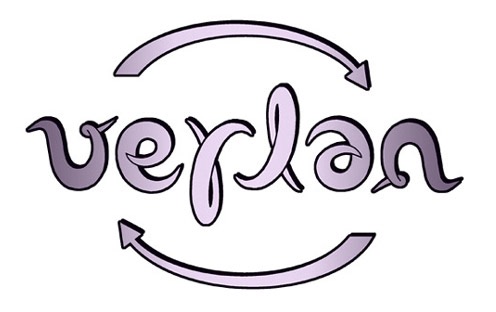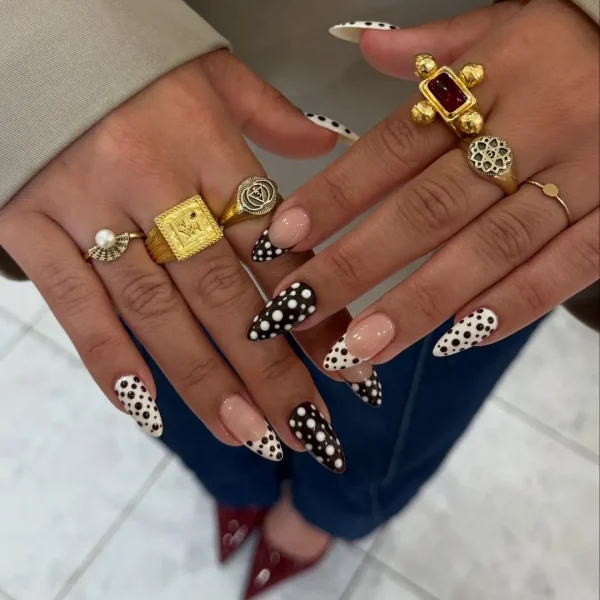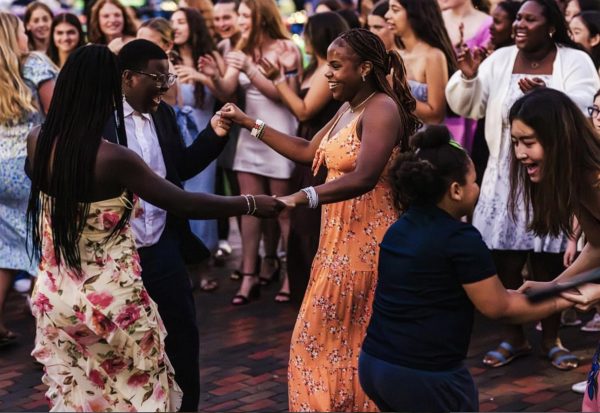Verlan: A French Youth Phenomenan
French is a language rooted in a deep history and established in the prestige of L’Académie Française, the organization that regulates the French language. Pushing against the rigid standards of L’Académie Française is the French argot Verlan.
Rising from the shadows of its past, music and film thrusted Verlan into the light. Verlan is different from traditional slang and is comparable to the English language game of Pig Latin. Words are created by splitting the syllables of a word and reversing them, but unlike Pig Latin, which is merely a game, Verlan is actively used. It is not another language but a set of specific words that are emphasized with trendy secrecy reminiscent of its origin.
For example, these are a few words that have been fully integrated into the French youth’s vocabulary.
Keuf – flic – police
Teubê – bête – stupid
Meuf – femme – woman
Keum – mec – guy
Teuf’ – fête – party
Zarb’ – bizarre – strange
Verlan was popularized by criminals and youths of the 1960’s and was used to communicate without being understood by outsiders or authority figures. It originated in the poor suburbs of Paris as a social protest after World War II. Today, spread through film and music, specifically French rap and Hip Hop, Verlan has crept its way into the active vocabulary of the French youth. It is used to portray cultural backgrounds, for musical style and still to evade the ears of authority figures and elders alike.
While Verlan is usually used to hold entire conversations, Verlan words are remarkably present in the vocabulary of the younger generations. Words like meuf (woman) and keuf (police) can be heard consistently in popular music.
The widespread use of Verlan throughout France by people primarily under 25 sparks a curious question. Does this language barrier between generations reflect a cultural or social barrier?
Adeleen Brown, French language teacher at the Williston Northampton school, lends her expertise. Browne explains that Verlan is “a way for young people to differentiate themselves from the older generation.”
France has a history of rebellion dating as far back as the French Revolution to the threats of World War II and to the French student youth revolt of the 1960s and 70s.
Ms. Brown notes, “The young people want to have something to butt up against authority figures…. they are used to doing it.”
This culture of rebellion in France helps fuel the usage of Verlan. The argot’s mass integration into the French language cause it to constantly evolve. In the 1980’s words began to become re-verlaned; taking a previous Verlan word and switching it once more.
Kira Wilson 16′ spent her junior year studying abroad in France and shares her experience with Verlan.
Wilson reveals, “At first I just thought it was funny, but when I saw that people were using words like ‘meuf’, ‘pecho’, and ‘ripou’ all the time, I realized that this was a whole new vocabulary that I was going to get to learn.”
Wilson reflects on her experience connecting with her adopted country via Verlan. She expressed, “When you’re speaking a foreign language, you have to individually choose each word you say. When I was able to use words in Verlan, I was not only able to have fun with the language, I was able to show assimilation into the culture that I was living in.”








